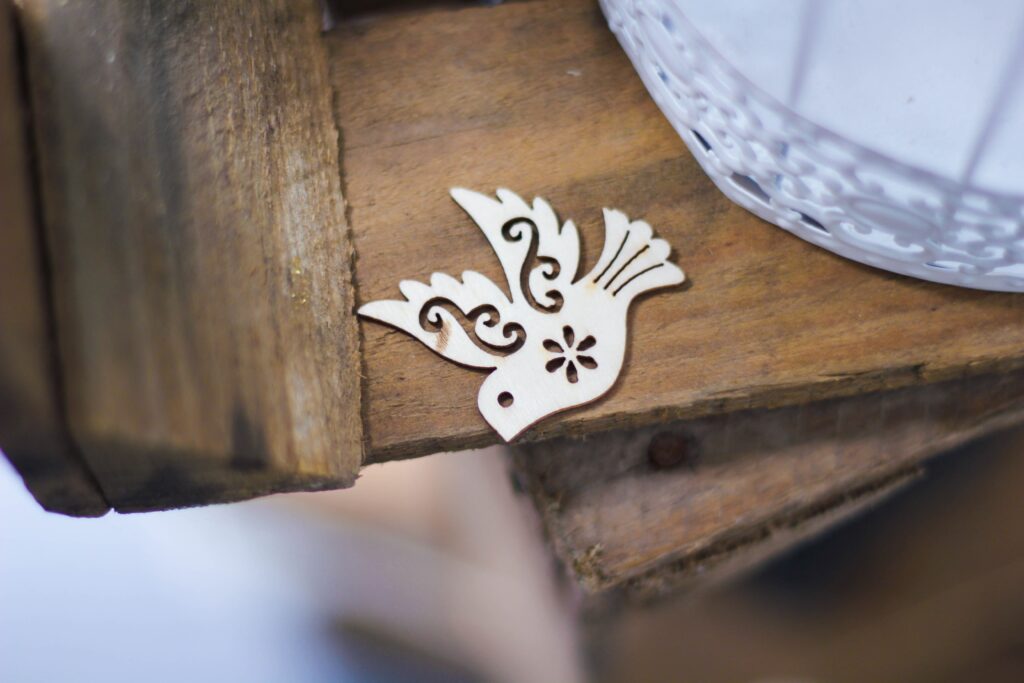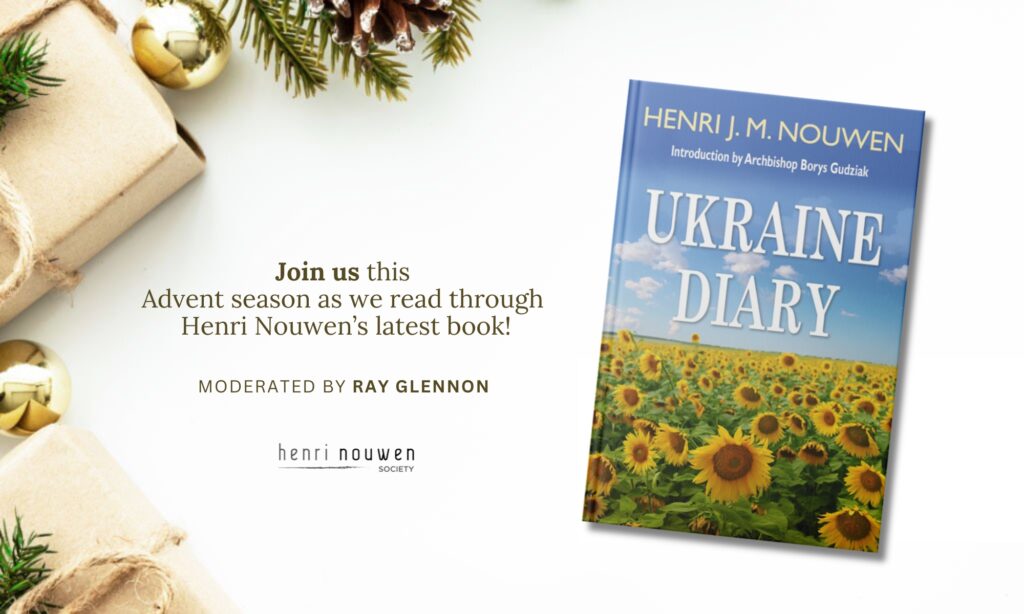
Reading: Introduction by Archbishop Borys Gudziak, p. xiii to xxxv
Part I: July 24, 1993 to July 31, 1993, p. 1 to 21
This modest, seemingly simple book about a visit to a distant land
is in fact a subtle tale about how encounter genuinely
and radically changes the lives of people.
—Archbishop Gudziak, p. xxxiv
I really want it to be an occasion for some form of conversion. . . .
“You have to make a choice. This can be just one more
educational experience or it can be a chance
to be touched in a vital, new way.
But it is your choice.” p. 1
A warm welcome to everyone and special thanks to the many people who introduced yourselves. We’re glad that you are here and we look forward to your contributions as we journey together through what promises to be a blessed and fruitful time of preparation for Christmas. Since the Fourth Sunday of Advent is also Christmas Eve, we will compress our schedule so that we will complete the book by Saturday, December 23rd, leaving Christmas week for your final thoughts and reflections.
Ukraine Diary is quite different from Henri’s other books in several ways, and not just because it is being published thirty years after it was originally written. First, it contains a substantial Introduction by Henri’s former student and close friend Archbishop Borys Gudziak that we read this week. Archbishop Gudziak helps us to better understand the Henri Nouwen that he knew (even if he didn’t initially realize his name was pronounced Henry Now-wen) and, equally important, the Archbishop links Henri’s experience in newly independent Ukraine to the events of today in the wake of the ongoing Russian invasion (see quote at top of post). Second, this diary appears to me (a Nouwen reader but not a scholar) to be more akin to a refined draft when compared to his other published diaries such as The Genesee Diary, The Road to Daybreak, and Sabbatical Journey. By that I mean Henri seems at times to be capturing thoughts “for the record” and writing asides to himself, e.g., “. . . I have to tell these (i.e., Borys’ and Zenia’s) stories first so as to be able to write my own” and “Now I am ready to write about the complex history of Ukraine.” These asides provide a window into Henri’s manner of thinking and writing that I have not encountered previously.
As always in these book discussions, we are most interested in learning what touched your heart in the reading. What points did you find interesting and why? What insights did you gain and how may they affect your life? What did you find comforting, or enlightening, or challenging, and why? What questions arose in the reading? Or simply share what you read and how and why it was noteworthy. Here are several quotations or thoughts that that may prompt your reflections.
a) Archbishop Gudziak writes, “But Ukrainians resist. Bravely selflessly. . . People are certain that truth will prevail and that evil will be defeated.” (p. xvii) In these and similar words the Archbishop shined a light on the war in Ukraine and its affect on the Ukrainian people. What influence did our reading have on your perception of the war?
b) Reflecting on his friend, Archbishop Gudziak observed, “Henri was interested in authentic experience with God, not ideology. Most of all, Henri was craving real Christian community. . .” (p. xxvi) How does the Archbishop’s observation align with your understanding of Henri and why (e.g., based on other Nouwen books you may have read). How do you think Henri would have responded to today’s seemingly more polarized church and world?
c) The second quote at the top of this page was written by Henri as he prepared to go to Ukraine. He is seeking conversion, and he knows that it requires a choice. He poses the question, “What am I hoping for?” (p.1) Have you ever sought conversion? What choices were demanded? What did you experience? Please share to the extent you are able.
d) Henri discusses two types of adventures that he anticipated during his time in Ukraine: i) “an adventure in a new world of people, ideas, and aspirations,” and ii) “an adventure in a new inner world inner experiences of faith, trust, and friendship.” (p. 8) What do you think about Henri’s idea of the two types of adventures that he would experience. How might this apply in your life?
e) Henri describes his preparations for his trip, including his historical research and his thoughts on the influence of Eastern Christianity on his faith journey. (p. 10 to 21). Were there any thoughts or ideas that you found particularly interesting or enlightening and why?
We look forward to hearing from many of you this week. The quotations and questions above may prompt your reflection, but pleased don’t be limited by them. Our community thrives and grows closer together when you share whatever touched you in the readings and respond to the comments of others. We are also grateful for those who are joining us for this Advent journey who may decide not to post comments. We are all God’s beloved sons and daughters and everyone is welcome here.
One quick reminder: If you do not see the comments at the bottom of the post, look for the words Recent Comments in the right hand column and then click on the first comment beneath that header. The comments will then open at the bottom of the post. You can scroll to the bottom of the comments to Leave a Reply and your can enter your comment. You can also reply to the comments of others by clicking on Reply just below their entry.
As St. Francis (Henri’s favorite saint) said to those he met,
“May the Lord give you peace.”
Ray


